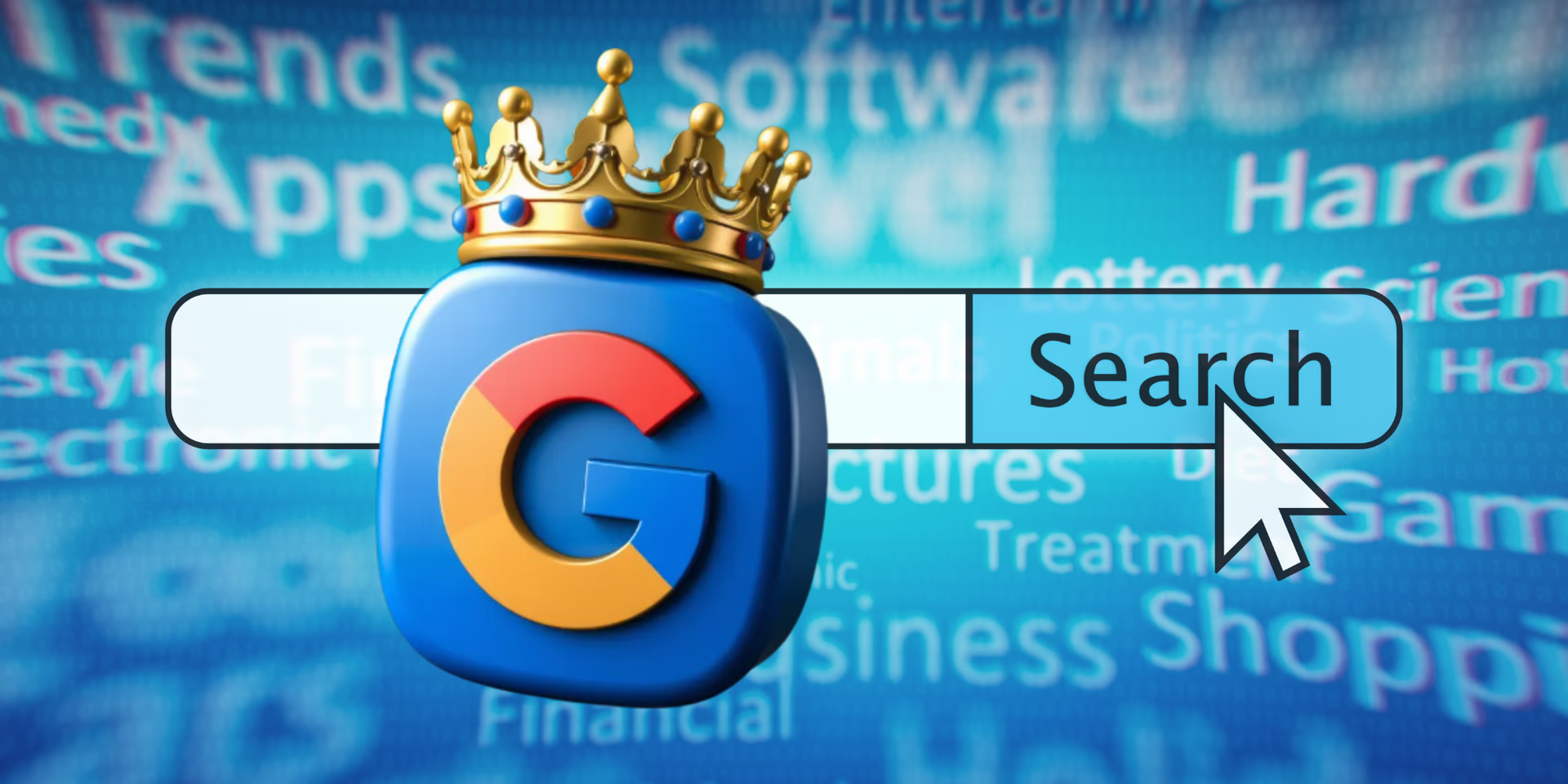Table of Contents
Introduction to Google
Google, a name synonymous with the internet and online search, has become an integral part of our daily lives. Launched in 1998 by Larry Page and Sergey Brin, Google began as a search engine and quickly evolved into a multifaceted technology company offering a wide range of products and services. Today, Google is a subsidiary of Alphabet Inc., continuing to shape the digital landscape with its innovative solutions.
The Evolution of Google
From Search Engine to Tech Giant

Google started with a mission to “organize the world’s information and make it universally accessible and useful.” Initially, it focused on creating a highly efficient search engine using a unique algorithm called PageRank. This algorithm evaluated the relevance of web pages based on the number and quality of links pointing to them, providing more accurate search results than existing search engines at the time.
Over the years, Google expanded its portfolio, introducing various products and services beyond search. Gmail, Google Maps, Google Drive, and Google Photos are just a few examples of the tools that have become essential in our personal and professional lives. The acquisition of YouTube in 2006 further solidified Google’s presence in the digital media space.
Innovations and Acquisitions
Google’s success is partly attributed to its continuous innovation and strategic acquisitions. The company has invested heavily in artificial intelligence (AI) and machine learning, leading to advancements in voice recognition, natural language processing, and image analysis. These technologies power products like Google Assistant, Google Translate, and Google Lens, enhancing user experience and expanding Google’s capabilities.
Acquisitions have also played a significant role in Google’s growth. In addition to YouTube, notable acquisitions include Android Inc., which gave Google a strong foothold in the mobile operating system market, and Nest Labs, which expanded Google’s presence in the smart home industry. These strategic moves have allowed Google to diversify its offerings and maintain a competitive edge.
Google’s Impact on Society
Revolutionizing Access to Information
good Morning Google core mission of making information universally accessible has had a profound impact on society. The search engine has democratized access to knowledge, enabling people from all walks of life to find information quickly and easily. Whether it’s researching academic topics, learning new skills, or staying informed about current events, Google has become the go-to resource for billions of users worldwide.
Transforming Communication and Collaboration

Google has revolutionized the way we communicate and collaborate. Gmail, one of the most popular email services globally, offers a reliable and feature-rich platform for personal and professional communication. Google Workspace, formerly known as G Suite, provides a suite of productivity tools, including Google Docs, Sheets, and Slides, enabling seamless collaboration and real-time editing. These tools have become indispensable for remote work and virtual teamwork.
Enhancing Daily Life with Smart Technology
Google’s foray into smart technology has transformed our daily lives. Google Assistant, a virtual assistant powered by AI, helps users manage tasks, answer questions, and control smart home devices using voice commands. Google Home and Nest devices provide smart home solutions, allowing users to control lighting, thermostats, security cameras, and more from their smartphones. These innovations have made homes more efficient, secure, and convenient.
Google’s Economic Influence
Driving Economic Growth
Google’s impact on the economy is substantial. As one of the largest tech companies in the world, Google has created thousands of jobs and stimulated economic growth in various sectors. The company’s advertising platform, Google Ads, has enabled businesses of all sizes to reach global audiences and drive sales. This has been particularly beneficial for small and medium-sized enterprises (SMEs), empowering them to compete with larger corporations.
Supporting Innovation and Entrepreneurship
Google’s commitment to innovation extends beyond its own products. The company actively supports startups and entrepreneurs through initiatives like Google for Startups, which provides resources, mentorship, and funding opportunities. By fostering a culture of innovation and entrepreneurship, Google contributes to the development of new technologies and the growth of the digital economy.
Corporate Social Responsibility
Google also prioritizes corporate social responsibility (CSR) through various initiatives aimed at making a positive impact on society. Google.org, the philanthropic arm of Google, supports nonprofit organizations and social enterprises working on issues such as education, economic opportunity, and disaster relief. Additionally, Google is committed to sustainability, investing in renewable energy projects and implementing environmentally friendly practices in its operations.
Challenges and Controversies
Privacy Concerns
Despite its many achievements, Google has faced challenges and controversies, particularly related to privacy. The company’s vast collection of user data has raised concerns about data privacy and security. Critics argue that Google’s data practices can potentially infringe on user privacy, leading to increased scrutiny from regulators and advocacy groups. In response, Google has implemented measures to enhance data protection and give users more control over their information.
Antitrust Issues
Google’s dominant position in the online advertising and search markets has also led to antitrust investigations and legal battles. Regulators in various countries have accused Google of engaging in anti-competitive practices, such as favoring its own services in search results and imposing restrictive terms on advertisers. These legal challenges have resulted in fines and changes to Google’s business practices, highlighting the complexities of maintaining a competitive yet fair digital marketplace.
Misinformation and Content Moderation
As a major platform for information dissemination, Google has grappled with the issue of misinformation and content moderation. The spread of false information, particularly on YouTube, has sparked debates about the company’s responsibility in curbing misinformation and ensuring the accuracy of content. Google has implemented policies and technologies to address these challenges, but the evolving nature of online content requires continuous efforts to strike a balance between free expression and preventing harm.
The Future of Google
Advancements in Artificial Intelligence
Artificial intelligence will continue to play a pivotal role in Google’s future. The company is investing heavily in AI research and development, aiming to create more sophisticated and intuitive technologies. Google’s AI initiatives span various domains, including healthcare, where AI-powered tools can assist in medical diagnoses and treatment planning. The integration of AI into Google’s products and services promises to enhance user experience and open new possibilities for innovation.
Expanding into New Markets
Google’s ambition to expand into new markets and industries is evident in its ventures into areas such as autonomous vehicles, wearable technology, and cloud computing. Waymo, Google’s self-driving car project, is at the forefront of autonomous vehicle technology, aiming to revolutionize transportation. Google’s wearable devices, like Fitbit, provide health and fitness tracking, reflecting the company’s interest in personal wellness. Google Cloud, meanwhile, offers robust cloud computing solutions for businesses, competing with other major players in the cloud market.
Commitment to Sustainability
Sustainability will remain a key focus for Google in the coming years. The company has set ambitious goals to achieve carbon neutrality and operate entirely on renewable energy. Google’s data centers, which consume significant amounts of energy, are being optimized for energy efficiency and powered by renewable sources. By prioritizing sustainability, Google aims to reduce its environmental impact and set an example for other corporations to follow.
Conclusion
Google’s journey from a simple search engine to a global technology leader is a testament to its commitment to innovation and excellence. The company’s products and services have transformed how we access information, communicate, and navigate daily life. Despite facing challenges related to privacy, antitrust issues, and content moderation, Google continues to shape the digital landscape with its forward-thinking approach. As Google advances in AI, expands into new markets, and upholds its commitment to sustainability, it is poised to remain at the forefront of technological innovation, making a lasting impact on society and the economy.
For More Information Please Visit These Websites Viprow And Xewe

